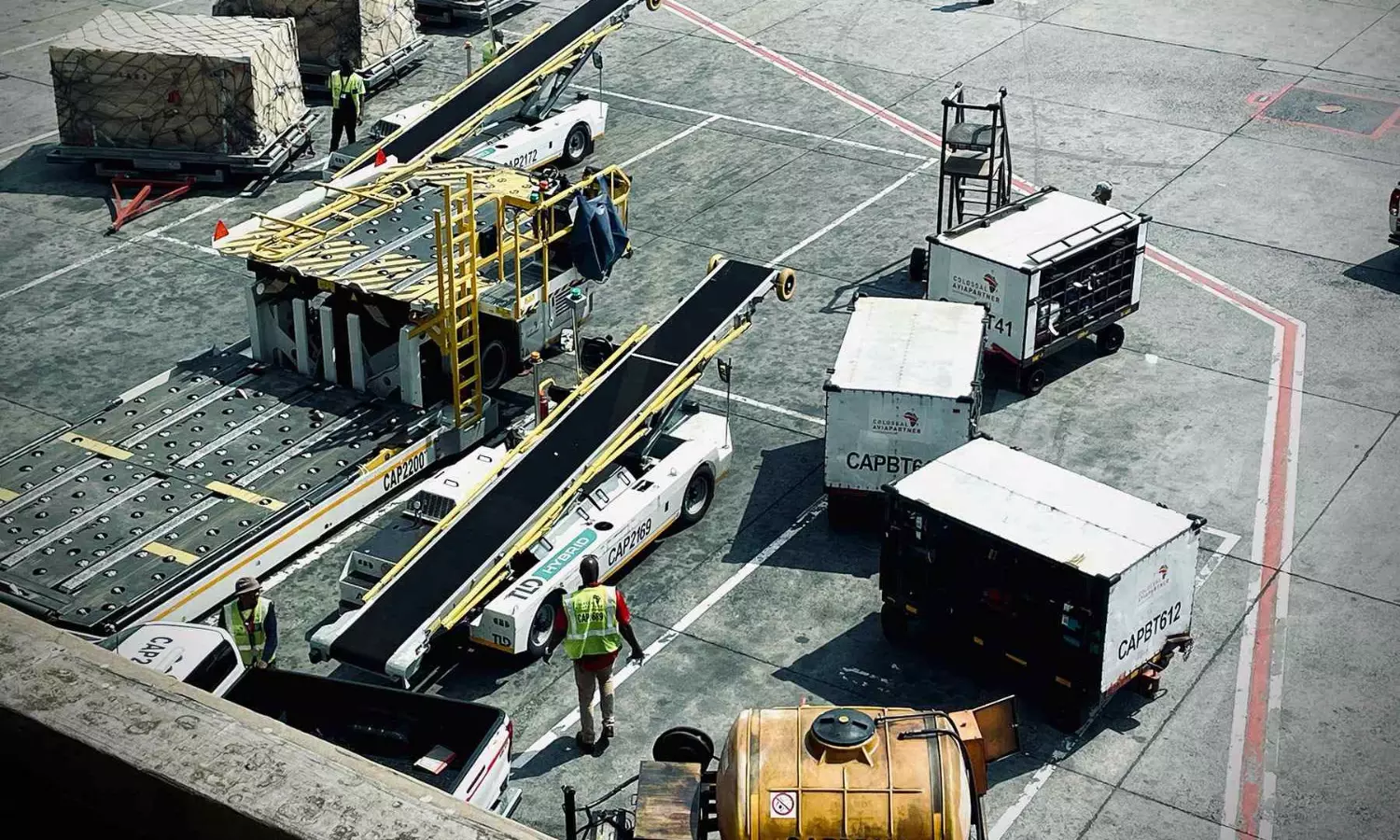South Africa seeks feedback on draft Airfreight Strategy
The strategy aims to modernise Africa’s air cargo sector with drones, stronger connectivity and inclusive growth.

The National Department of Transport (DOT) of South Africa has reminded stakeholders across the aviation and logistics sectors that the closing date for public comments on the gazetted Airfreight Strategy is fast approaching. The window for submissions, open since 26 September, will close on 7 November 2025.
Cabinet recently approved the publication of the draft Airfreight Strategy in the Government Gazette for public comment. The strategy marks a significant policy step for South Africa and, by extension, the African continent, as it aims to strengthen trade and logistics competitiveness through a more efficient and connected airfreight network.
The draft document stems from a comprehensive review of national transport policies, particularly the National Civil Aviation Policy (NCAP) of 2017. The review highlighted that while passenger and commercial aviation have seen steady growth, the airfreight sub-sector remains underdeveloped and fragmented, limiting trade capacity and regional connectivity.
To close this gap, the proposed strategy outlines measures to address systemic challenges, including fragmented cargo corridors, market barriers, and weak regional linkages. It identifies eleven priority areas to transform the sub-sector into a modern, inclusive, and resilient system capable of supporting Africa’s growing trade demands.
A central feature of the strategy is the inclusion of drones, or Unmanned Aerial Vehicles (UAVs), as a key enabler of change. Beyond their technical capabilities, drones are positioned as a transformative force in air cargo, improving efficiency, boosting competitiveness, and supporting sustainability goals.
According to the DOT, UAVs can significantly enhance “first and last mile” deliveries by speeding up small, time-sensitive shipments, cutting operational costs, and strengthening e-commerce logistics. They also expand delivery reach to rural and remote areas, supporting inclusivity and enabling small businesses to participate in the logistics ecosystem. In addition, drones contribute to supply chain resilience during infrastructure disruptions and help reduce carbon emissions, aligning with international sustainability standards.
With growing public interest around drone technology, the DOT has reiterated its call for stakeholders to submit feedback before the 7 November deadline. The department also reaffirmed that the South African Civil Aviation Authority (SACAA) will continue to regulate all civilian drone operations within a framework consistent with global aviation safety, security, and environmental standards.
Through this strategy, South Africa aims to position itself — and by extension, Africa for a more integrated, future-ready airfreight system that supports economic growth, trade efficiency, and regional development.


